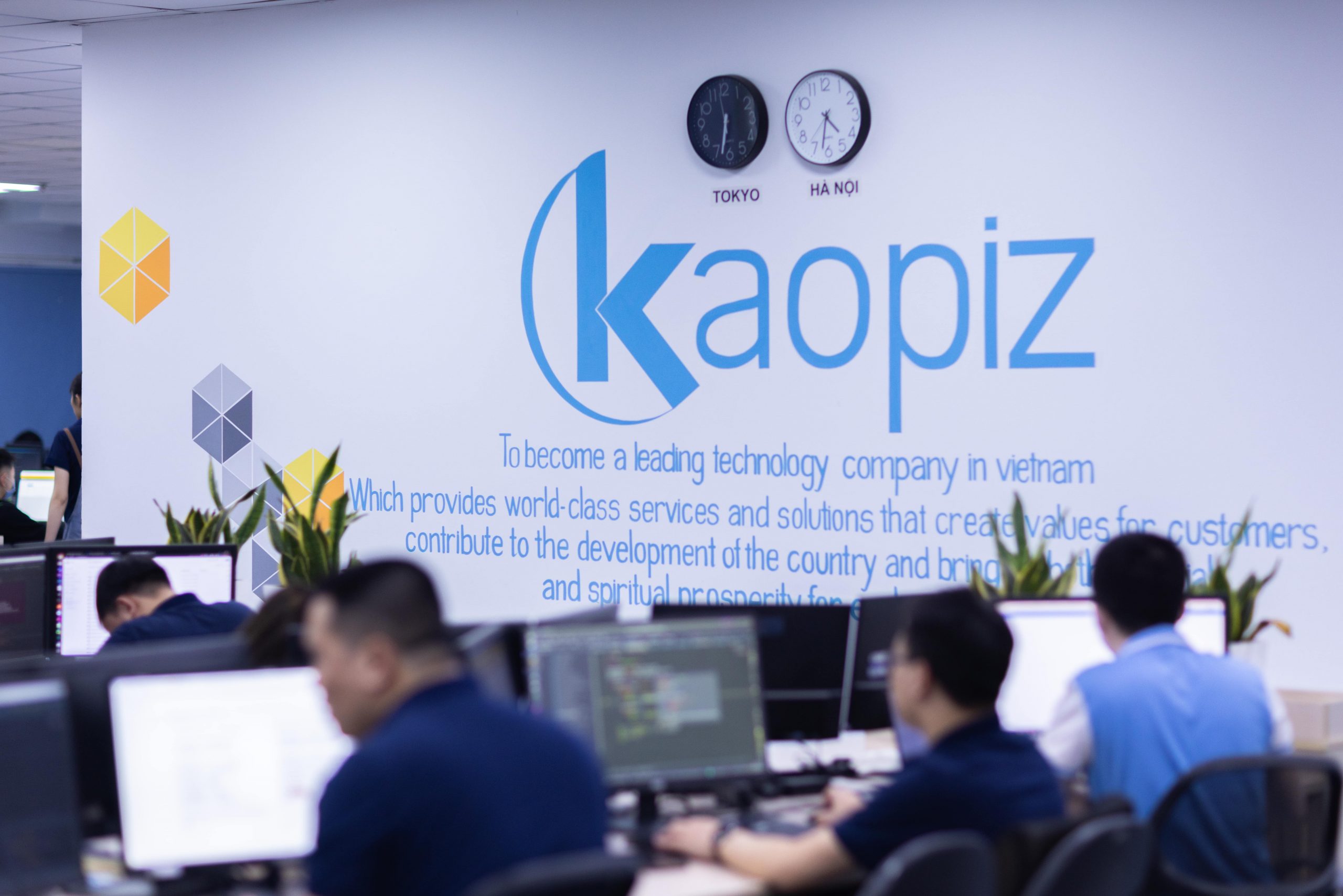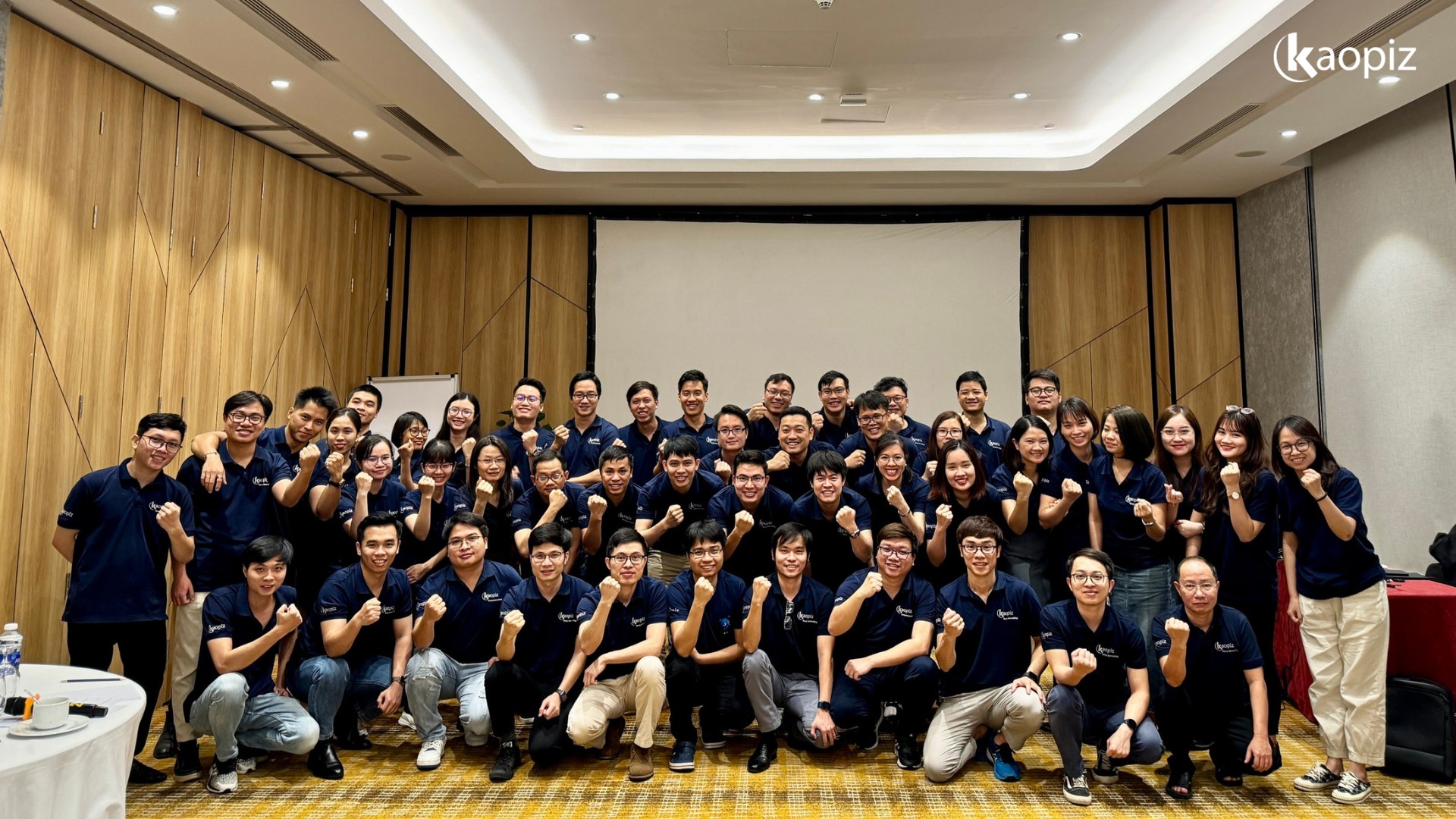Offshore development involves outsourcing tasks such as software infrastructure construction, system development, and operational maintenance to overseas companies or local entities with lower wages compared to domestic rates.
In recent years, Western nations have faced a shortage of engineers, causing disruptions in development and related activities. The IT industry in Europe, grappling with a scarcity of talent and rising labor costs, coupled with an increase in IT-adoption by businesses, finds it challenging to meet demand solely within the country. Many who have experienced difficulties in smooth system and app development have turned their attention to offshore development as a solution to break free from this situation. This article explores the fundamentals of offshore development and provides insights into key points for ensuring its success.
Table of Contents
1. What is Offshore Development?
1.1. A Type of Development Outsourcing to Overseas
Offshore Software development, is a method of outsourcing tasks such as designing, developing, infrastructure building, and operational maintenance of software like core business systems, web systems, and applications to overseas development companies, subsidiaries, or local entities with lower costs than those in the domestic market.
The term “offshore” in Offshore Development refers to “off” and “shore,” signifying “abroad” or “overseas.” It implies carrying out development activities outside the home country. Like manufacturing products in cost-effective overseas locations for sale domestically, offshore development operates on a similar principle.
1.2. Objectives of Offshore Development
The primary objectives of offshore development include:
⓵ Cost reduction in development.
⓶ Establishing connections with excellent IT companies and professionals overseas.
One of the main purposes of offshore development is to reduce the costs associated with development. Hiring skilled engineers in Western countries can be expensive and challenging. Many countries abroad have a large pool of talented IT professionals, and labor costs are lower than in Europe. By outsourcing work to IT companies and professionals in such countries, businesses can cut labor costs compared to relying entirely on domestic engineers. Additionally, connecting with talented IT professionals overseas can alleviate shortages and resource limitations, especially in the absence of in-house expertise in the latest technologies.
1.3. Major Countries as Outsourcing Destinations
Offshore development originated with outsourcing tasks to India, known for its abundance of IT talent and lower labor costs than in Europe. Following India, China, with similar advantages, became a popular destination for offshore development. Some of the main countries chosen as outsourcing destinations include China, India, Vietnam, the Philippines, and Bangladesh.
| Outsourcing Destinations |
Average Monthly Unit Price Range for IT engineers (US dollars) |
| China |
2400 ~ 2700 |
| India |
2000 ~ 2700 |
| Vietnam |
2000 ~ 2400 |
| The Philippines |
1800 ~ 2000 |
| Bangladesh |
1500 ~ 2000 |
However, due to the rising labor costs in India and China, Southeast Asian countries with lower labor costs have gained attention. Vietnam, in particular, has become a popular choice for offshore development. The appeal of Vietnam lies not only in its lower labor costs but also in its efforts to cultivate IT talent since the early 2000s. The country boasts a significant number of skilled IT professionals and has a compatible work culture, making it an excellent fit for global businesses.

2. Benefits of Offshore Development
The objectives of cost reduction and securing talented individuals directly translate into the benefits of offshore development. In addition to these, offshore development offers three significant advantages. Let’s explore with us!
2.1. Cost Reduction in Offshore Development
As mentioned earlier, the most substantial benefit of offshore development is the reduction of development costs. Outsourcing tasks to countries with lower labor costs enables significant savings in personnel expenses, a significant portion of overall development costs.
2.2. Cost Reduction in Offshore Development
On par with cost reduction, securing talented IT companies and professionals abroad is a crucial advantage. In Western nations, where there is a growing need for IT talent due to rapid globalization and informatization, offshore development serves as a solution to address the expected requirement of about 85 million IT professionals by 2030. Establishing connections with overseas talent through offshore development not only addresses the shortage but also provides opportunities for talent acquisition through collaboration.
2.3. Shorter Delivery Time with Offshore Development
Offshore development allows engineers from different countries to work simultaneously through cloud systems, significantly reducing the time required for delivery. The ability to secure many skilled individuals and expedite delivery times means increased flexibility to handle large-scale developments and complex programs.
3. Key Points for Successful Offshore Development
While offshore development offers numerous advantages, blindly outsourcing tasks abroad is not the solution. Successful offshore development requires careful consideration of key points that contribute to success. The following points elaborate on crucial factors for achieving success:
3.1. Thorough Preparation Before Outsourcing
Success in offshore development is deeply connected to the preparation before outsourcing. Foreign technical professionals differ from their Western counterparts in language, culture, and values regarding work. Bridging these significant gaps and ensuring the success of offshore development necessitates thorough preparation. When engaging in offshore development, consider elements such as the language used by the outsourcing partner, time zone differences, and other factors that may impact the work.
Furthermore, many countries follow a practice where anything not explicitly stated in the contract or specifications may not be implemented. Even details considered common sense in Europe might be overlooked, leading to potential issues. It’s essential to clearly specify necessary details in the contract and specifications. When working with engineers from different linguistic and cultural backgrounds, having a bridge SE (a person proficient in both languages) or an SE from the outsourcing partner who can communicate in English is crucial. Building a positive relationship with this bridge SE from the start is also an essential element for success.
3.2. Detailed Communication is Essential
As mentioned earlier, effective communication with the outsourcing partner is crucial. Closely effective communication allows correction of misunderstandings or misalignments caused by language or cultural differences in early stage. In particular, communication with the project manager or business analyst, acting as a liaison, is critical. And let’s keep in mind maintaining frequent communication, regular tasks management, and consistent feedback communication between both sides.
3.3. Careful Monitoring of Progress and Deadlines
One of the challenges in offshore development is the management of progress and deadlines. The impact of time zone differences on communication during work can be significant. Even a few hours of time difference can have a substantial impact on deadlines. Additionally, differences in culture and work values may result in looser progress and deadline management in some countries compared to Europe. Careful communication helps in managing progress and deadlines more effectively. Be meticulous and cautious when overseeing progress and deadlines compared to domestic development projects.

4. Consultation for Offshore Development at Kaopiz
Kaopiz is a company based in Vietnam that specializes in system development. If you are concerned about communication, rest assured that our team is here to address any uncertainties. We will persistently inquire about any points you feel are not understood. Of course, we adhere to deadlines. Our engineers, who are willing to work overtime and on holidays, will complete the project with efficiency.
Kaopiz, through offshore development, tackles a wide range of system development projects with Vietnam’s talented workforce. Welcoming our 10th year since founding in 2014, we provide high-quality system development, support for DX promotion, AWS implementation assistance, AI image recognition, and other offshore development services at reasonable prices. After getting to know your requirements, we propose suitable development foundations, processes, team structures, etc. Upon mutual agreement with you, we proceed with tailored software development. Leveraging insights from over 500 projects that have supported numerous companies, Kaopiz offers assistance ranging from proposing cloud services based on your requirements to designing, building, and operating cloud environments. For Kaopiz, it is crucial not only to address initial project challenges but also to resolve issues that arise during development and implement optimal solutions for requirement changes.
From web/mobile apps to business systems, AI/Blockchain powered platforms,… we provide a wide range of high-quality and affordable system development services. If you are interested in high-quality systems built with cutting-edge technology, Kaopiz is definitely your go-to-partner. Just feel free to drop us a message here, and we’ll be thrilled to support.






















